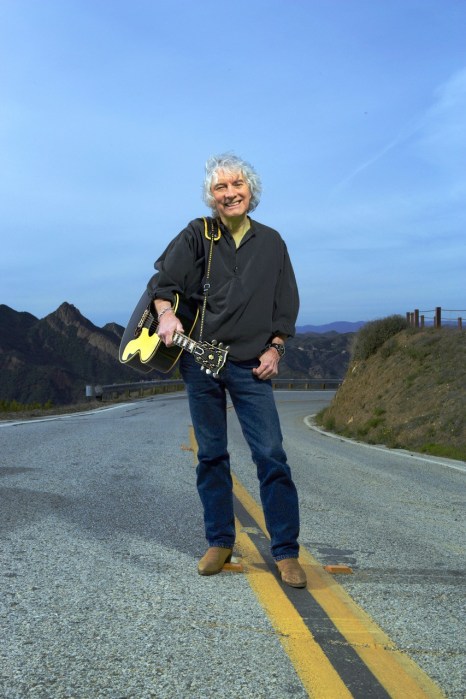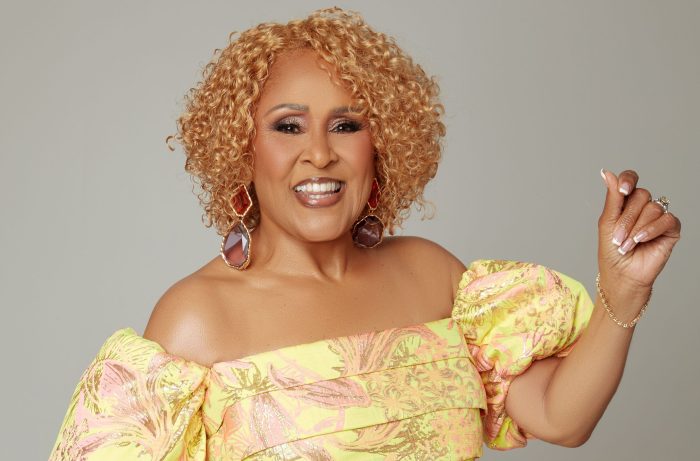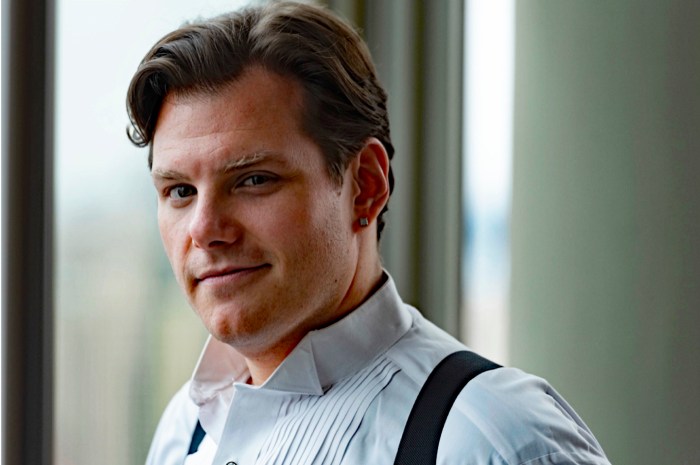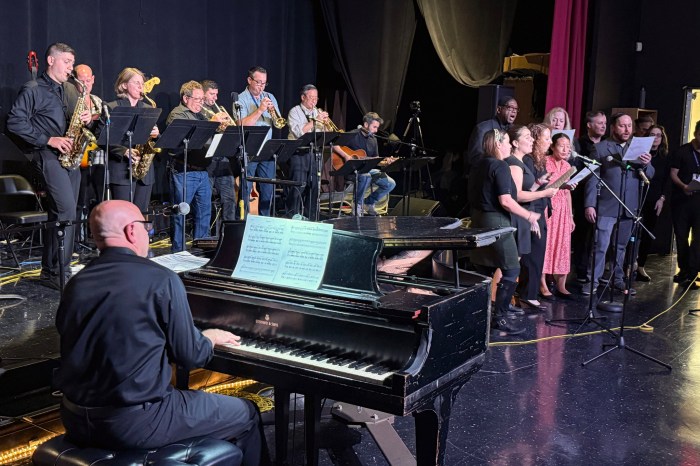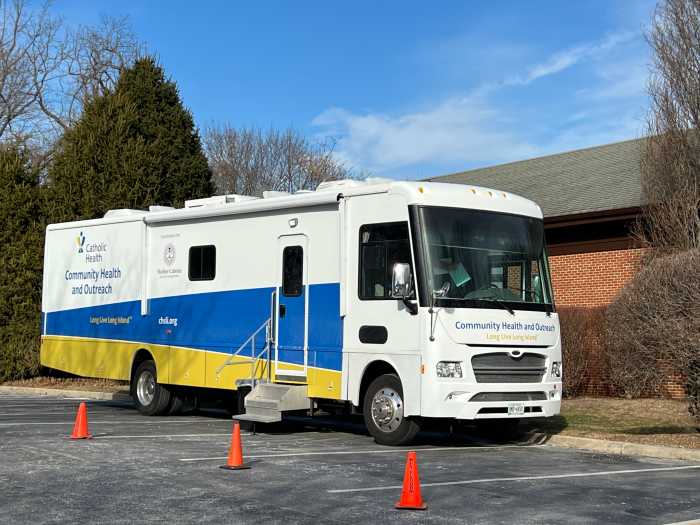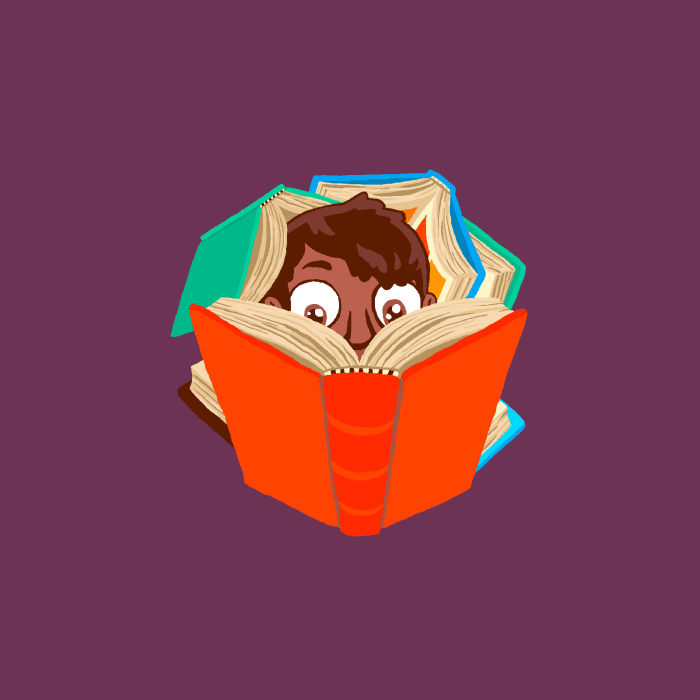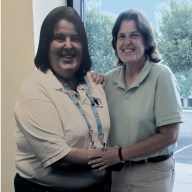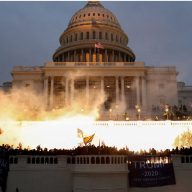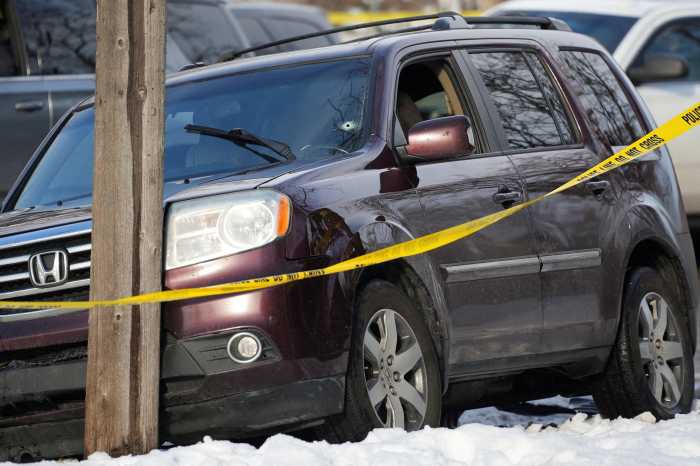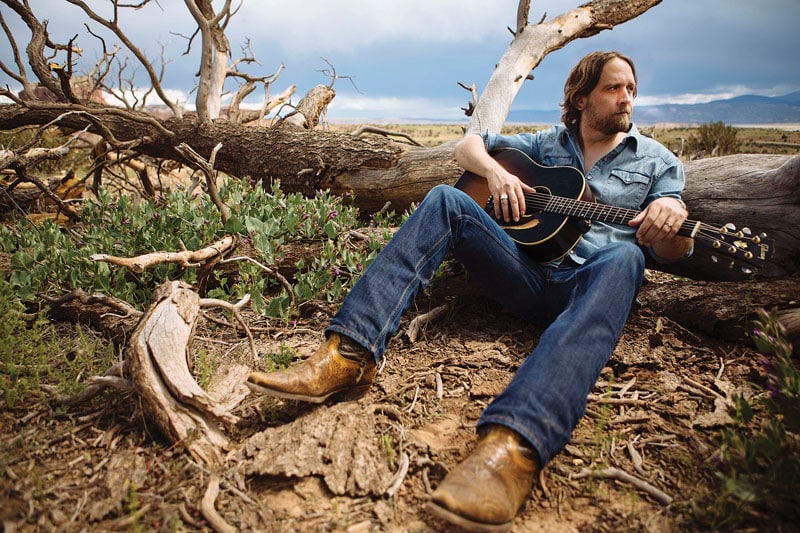
Dolly Parton was once quoted as saying, “Songwriting is my way of channeling my feelings and thoughts. Not just mine, but the things I see, the people I care about. My head would explode if I didn’t get that stuff out.” It’s a sentiment that Hayes Carll is fully on board with. Currently touring in support of What It Is, the Lone Star native’s sixth studio album, and first since 2016’s Joe Henry-produced Lovers and Leavers, this current collection found Carll reuniting with Brad Jones behind the board. The added twist on these dozen songs are the contributions of the singer-songwriter’s fiancée Allison Moorer, who not only had a hand in cowriting a number of cuts, but shares coproduction duties with Jones. It was a slightly different approach than Carll had taken on prior records. He wound up more than happy with the end result.
“Having two people that I trusted and respected like that sort of freed me up to push myself a bit more, which is what I’ve been trying to do on the last couple of records—trying to avoid being in the same place. On those fronts, it was a little bit of something old and something new,” he explained. “Writing-wise, I think there’s a little bit of evolution there. Again, Allison played a big part in cowriting. But the subject matter for me, and the way that I presented it, was a little more direct and present, while still hanging on to some of the tools I’ve used in the past like humor, tempo and the personality of the song. I wasn’t hiding behind characters or deflecting in a way that maybe I have in some of my past stuff. That was a bit of an evolution for me—being able to stand behind what I was doing and have it align with my life and being able to say so without having to hide it.”
Fans will find plenty to thoroughly dig into, be it the gnarly Carll-penned twanger “If I May Be So Bold,” the solid bluegrass framing the stellar title cut and opening number. On “None’ya,” a fiddle and acoustic guitar-soaked song Carl cowrote with Moorer and Adam Joseph Landry, he sings, “So I try because I need to/Know your heart the best way I can/For the laughter/For the pain/For the way you call my name/All I wanna do is be your man.” Carll even woos a bit of topicality with “Fragile Men,” an ethereal number he cowrote with fellow singer-songwriter Lolo. Framed by subtle strings and some sparse pedal steel, Carll croons, “Fragile men/I don’t think that they respect you/How the hell can they expect you/To be what you don’t want to be.” Having been introduced to a broader country music audience via artists like Kenny Chesney and Lee Ann Womack covering his songs, the introspective Texan realizes that these newer fans might not necessarily be interested in his opining on certain topics.
“Any time you have an opinion or have any kind of social commentary about something, [that can be a challenge]. A segment of my fan base, and this is something I’ve known but was made more aware of it recently, is not real down for that conversation,” he admitted. “They would rather I stay away from that and provide entertainment for them and not bring these other parts [into the equation]. I’m certainly aware of that when I go in to make a record, where I touch on a few of those things. But, I’m 40 and am at a point in life where I’m trying to figure my own shit out, the idea of censoring to make other people happy feels like a losing proposition to me at this point. It’s something that I’ve maybe done for too long.”
As someone whose earliest musical moments include holing up with a cassette version of Kenny Rogers’ Greatest Hits at the age of seven, Carll admits he’s living his wildest dream—supporting himself as a working musician (“Discovering that someone like Bob Dylan could use a song to hit someone on a personal and emotional level really changed my life.”) Having already played at South By Southwest earlier in the year in addition to playing a string of dates in his home state, Carll is hitting the road and promises to deliver the kind of versatile sound fans experience on his recordings.
“We’ve got the full band out for these shows. We’ve got a rhythm section, guitar player, dobro player, mandolin player and a piano player as well. We try and mix it up. This record has elements of everything that I’ve done in my career and I’m trying to make the show the same way,” he said. “I started out as a singer-songwriter with different incarnations playing in honky-tonk and rock and roll bands. There are different influences and degrees of music. There’s some of that in all of this. It can go from acoustic and a front porch kind of vibe to a full-on rock show. We try and make it an experience, take people for a ride and not stay in the same place.”
In the end, Carll’s approach to his craft and reverence for honoring a song is what earned him early comparisons to Townes Van Zandt, an early hero. It’s a sentiment he still feels very strongly about.
“The power of [writing songs] was always really alluring. Whether it was Kris Kristofferson, Willie Nelson, John Prine—there’s a long list—they were people that were able to help me identify feelings I had or ways to articulate emotions or experiences for me that I didn’t have the language for at that time. Or wasn’t able to express,” he recalled. “That’s a really powerful thing to do—when somebody can express how you’re feeling for you and help you connect and make sense of it in that way. That was something I wanted a piece of. I wanted to experience more of that, study music and find the people that could do that for me as well as start creating my own songs. I wanted to see if I had that ability, because that’s such a great gift to be able to share with somebody and what a great way to spend your life figuring that stuff out. Rhyming words and see if it means anything to anybody.”
Stay tuned for Hayes Carll’s favorite singer-songwriters.





